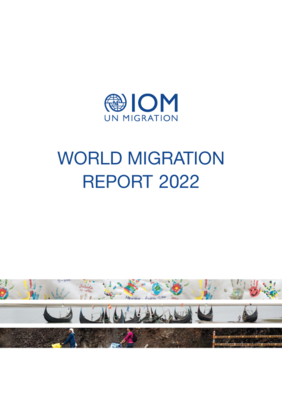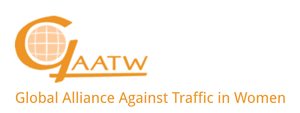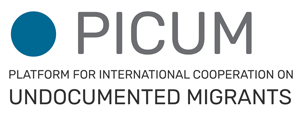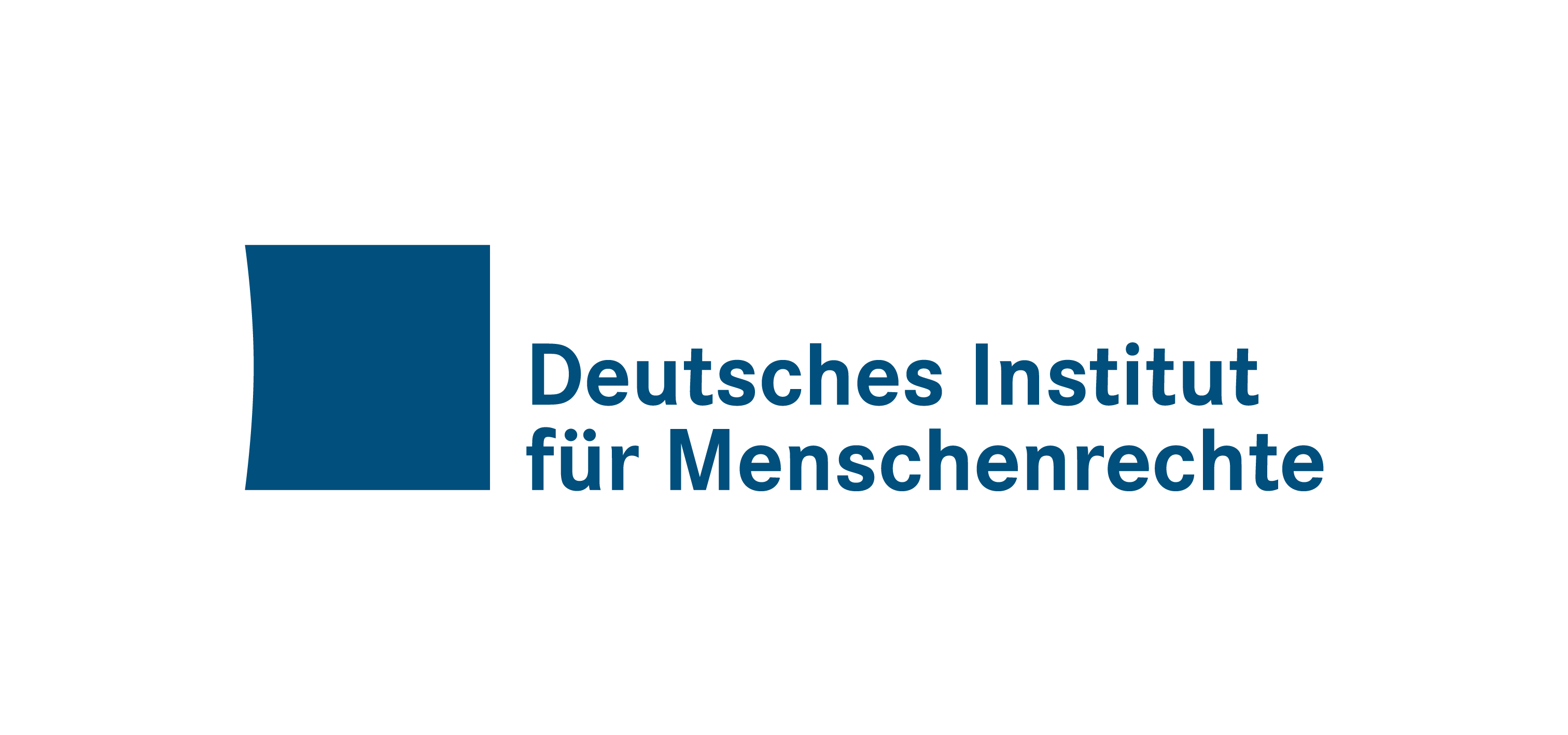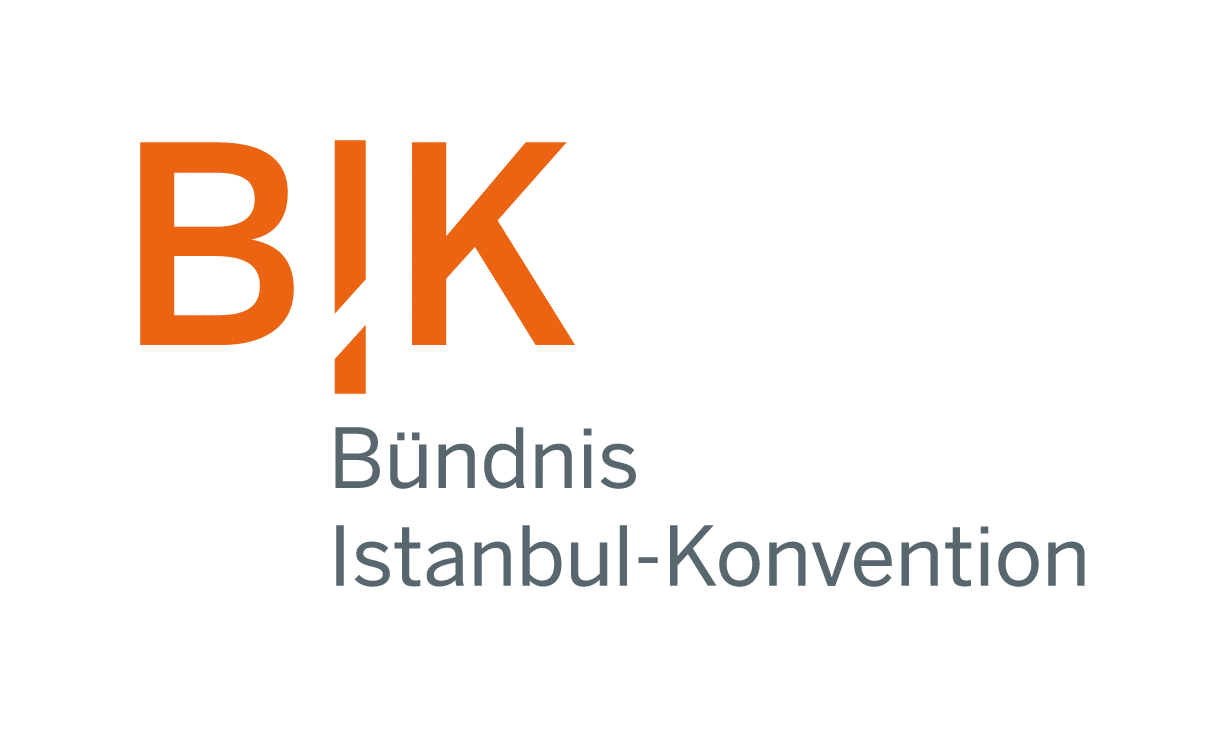Since 2000, the International Organisation for Migration (IOM) has been producing the World Migration Report every two years. The report aims to contribute to a better understanding of migration and mobility around the world. The 2022 report contains key data and information on migration as well as thematic chapters on current migration issues. The report is divided into two main topics. On the one hand, it deals with key information on migration and migrants (including migration-related statistics), and on the other hand, it addresses complex and emerging migration issues through evidence-based analysis.
Chapter 10 of the report "HUMAN TRAFFICKING IN MIGRATION PATHWAYS: TRENDS, CHALLENGES AND NEW FORMS OF COOPERATION" deals with the issue of trafficking in human beings and presents the challenges at global, regional and national level. It also explains why the risk of being exploited is greater for migrants and why irregular migration in particular increases the risk due to low protection and support opportunities. Although there is no systematic and complete data on the proportion of migrants who are trafficked, the data indicates that the proportion was rather low in 2020. Nevertheless, the report highlights the importance of the issue, as trafficking has serious consequences for trafficked persons, their families and communities. The gender dimension is also highlighted. Girls* and women* are more likely to be exploited sexually or in private households, men* and boys* mainly in fishing and mining. Furthermore, different databases, such as the Global Report on Trafficking in Persons by UNODC or the Counter Trafficking Data Collaborative (CTDC) are presented. It is emphasised that it is important to implement global standards so that governments and organisations around the world can collect comparable and high-quality data.
The last part of the report discusses why the current criminal justice approach, which is based on criminalising and prosecuting traffickers but also protecting and assisting trafficked persons, needs to strengthen criminal justice cooperation between States. There should be a social justice approach which ensures that anti-trafficking measures are human rights-based, victim-oriented and gender-sensitive. Criminal justice measures must not be counterproductive and harmful to the fight against trafficking and trafficked persons must be the focus.
Although few other migration-related issues have as much support in the international community as combating trafficking in human beings, there is little consensus on how to implement it. There is also a lack of political will to introduce effective measures to this end. The report makes three demands: a better understanding of migrant exploitation, adapted protection measures for trafficked migrants, and effective and efficient global cooperation.

